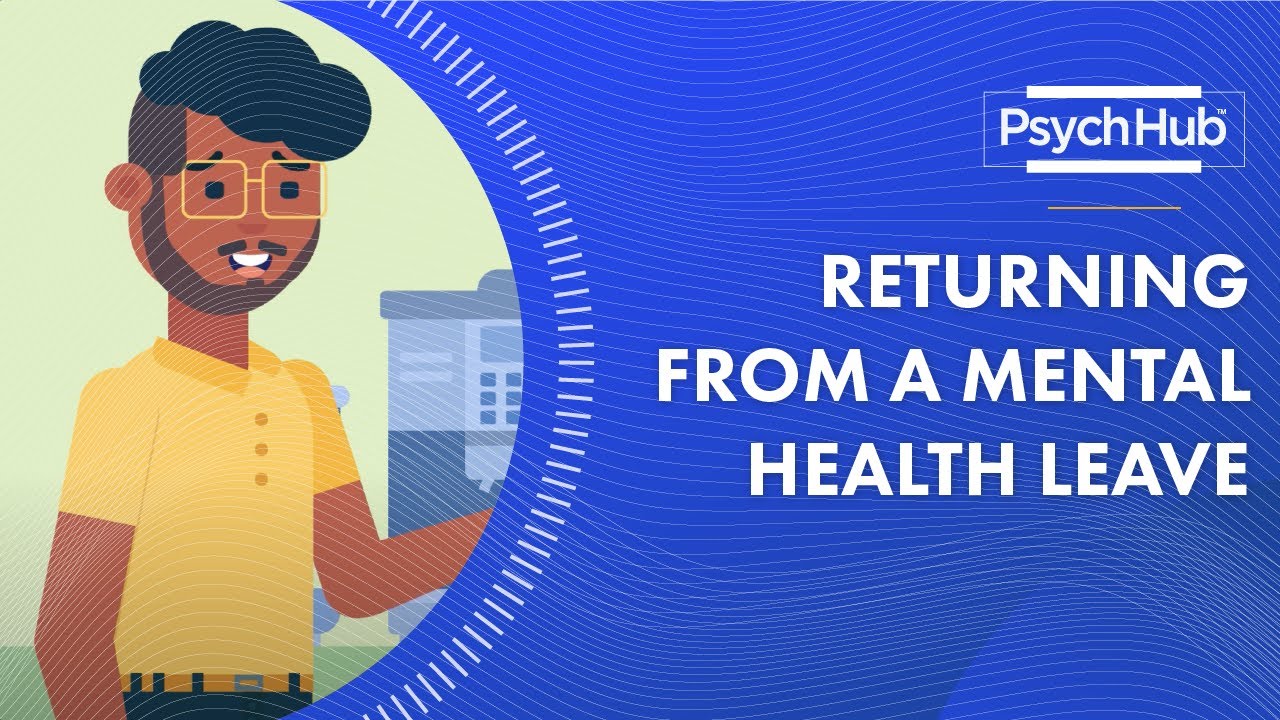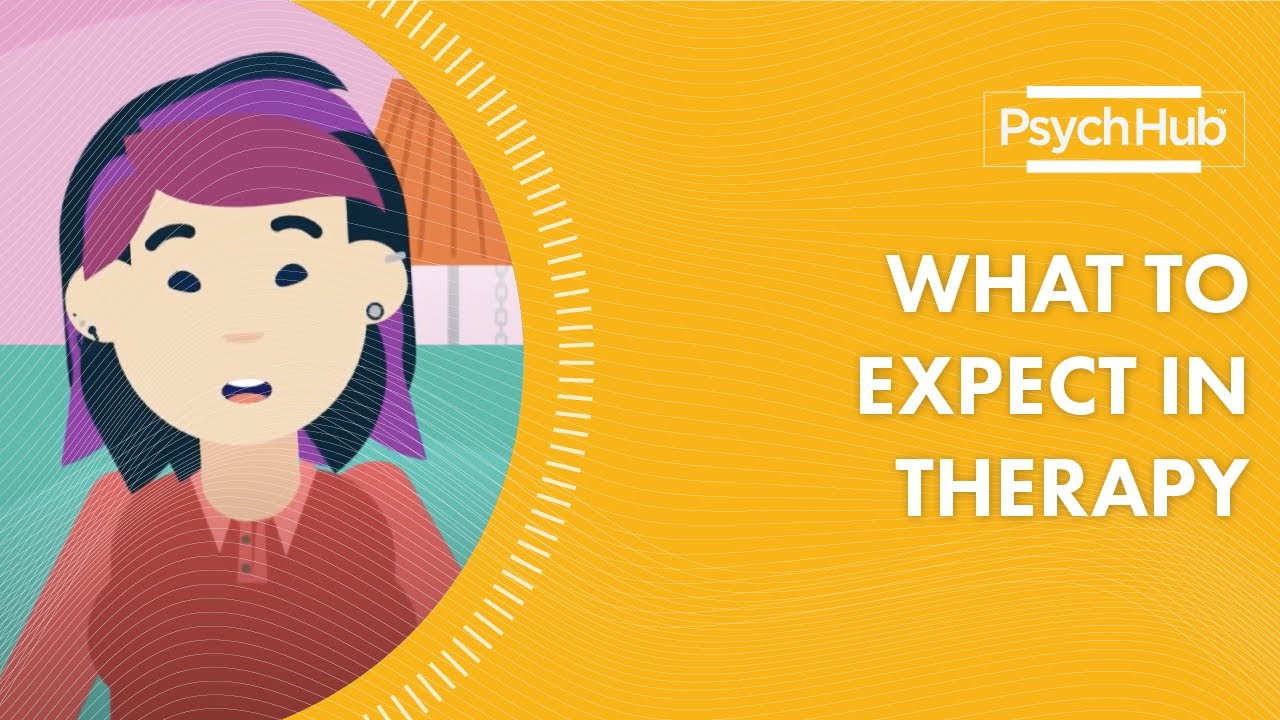Have you ever felt overwhelmed by the nonstop hustle and bustle of daily life? Do you often find yourself caught up in the chaos of thoughts, worries, and endless to-do lists? If so, you’re not alone—and there’s a powerful practice that can help you navigate through these turbulent waters: mindfulness.

Mindfulness Practice for a Healthier You
Mindfulness is more than just a buzzword. It’s a transformative practice that around half of the 12 million meditation practitioners in the U.S. have embraced. By focusing on being present and accepting your thoughts and feelings without judgment, mindfulness can lead you to a healthier, more centered life.
What is Mindfulness?
Mindfulness is the practice of purposely bringing your attention to the present moment without letting judgment cloud your perception. It’s about recognizing your thoughts, feelings, and sensations as they arise and observing them without labeling or getting swept away by them.
Core Components of Mindfulness
- Awareness: Being conscious of your thoughts and surroundings.
- Acceptance: Embracing your feelings and thoughts without judgment.
- Presence: Staying in the current moment rather than dwelling on the past or worrying about the future.
These components work together to help you cultivate a sense of inner peace and understanding.
The Benefits of Mindfulness
Research from the American Psychological Association has backed up the effectiveness of mindfulness with more than 200 studies indicating its benefits. Let’s examine some of the remarkable ways mindfulness can enhance your life.
Reduces Stress, Anxiety, and Depression
Mindfulness has been shown to significantly reduce stress, anxiety, and depression. By bringing your focus to the present, you can break free from the cycle of negative thoughts and emotions that often perpetuate these conditions.
A study published in the British Journal of Health Psychology discovered that just 10 minutes of daily mindfulness meditation over the course of a month resulted in a 19% reduction in depression and a 13% decrease in anxiety. Imagine what integrating mindfulness into your routine could do for your mental well-being!
Helps with Pain and Fatigue
Mindfulness has also been shown to help manage chronic pain and fatigue. By changing your relationship with discomfort, you can reduce the suffering associated with these conditions. When you allow yourself to feel pain without judgment, it often becomes more manageable.
Boosts the Immune System
Believe it or not, mindfulness can even have a positive impact on your physical health. Research shows that regular mindfulness practice can increase your immune response, helping you fend off illnesses and maintain overall good health.
Practicing Mindfulness: How to Get Started
Getting started with mindfulness doesn’t require any special equipment or extensive training. All it takes is a willingness to engage with the here and now. Here are some practical steps to help you begin your practice:
Daily Mindful Meditation
Start with a simple meditation practice. Set aside 10 minutes each day to sit quietly and focus on your breathing. Pay attention to each inhale and exhale, observing how your body feels with each breath. When your mind wanders, gently bring it back to your breath.
Mindful Eating
Transform your eating habits by practicing mindfulness during meals. Pay attention to the texture, flavor, and aroma of your food. Eat slowly, savoring each bite, and notice how your body feels as you eat. This not only enhances your eating experience but can also improve digestion and aid in weight management.
Mindful Walking
Incorporate mindfulness into your daily routine by practicing it while you walk. Feel the ground beneath your feet, notice the rhythm of your steps, and observe your surroundings without judgment. This can be a calming and grounding activity that brings you back to the present moment.
Study Findings: Evidence of Mindfulness Benefits
Scientific research continues to support the benefits of mindfulness. A study in the British Journal of Health Psychology found that 10 minutes of daily mindful meditation over a month led to significant improvements in mental health. Participants reported a 19% reduction in depression and a 13% decrease in anxiety. They also experienced increased positivity toward their overall health.
Summary of Findings
| Measure | Improvement |
|---|---|
| Reduction in Depression | 19% |
| Decrease in Anxiety | 13% |
| Increased Positivity | Yes |
These findings align with other research showing that mindfulness can be an essential tool in managing mental health.
Taking a Holistic Approach to Health
Incorporating mindfulness into your life is a fantastic first step, but it can be even more effective when combined with other healthy habits. Here’s how a holistic approach can amplify the benefits of your mindfulness practice.
Combining with Physical Activity
Regular physical activity is another vital component of a healthy lifestyle. Whether it’s yoga, jogging, or a daily walk, combining mindful practices with physical exercise can lead to a more balanced, energized life.
| Activity | Benefits |
|---|---|
| Yoga | Flexibility, strength, relaxation |
| Jogging | Cardiovascular health, endurance |
| Walking | Stress reduction, mindfulness |
Enhancing Nutrition
Mindful eating helps you pay attention to what and how you eat. By being more aware, you can make healthier food choices that nourish your body and mind. This leads to better digestion, improved energy levels, and overall wellness.
| Nutrient | Example Foods | Benefits |
|---|---|---|
| Protein | Lean meats, legumes | Muscle repair, energy |
| Fiber | Fruits, vegetables, whole grains | Digestion, heart health |
| Healthy Fats | Avocado, nuts, olive oil | Brain health, satiety |
Improving Sleep
Mindfulness can also positively impact your sleep quality. Creating a bedtime routine that includes mindfulness exercises like body scans or deep breathing can help you wind down and prepare for a restful night’s sleep.
| Technique | How it Helps |
|---|---|
| Body Scan Meditation | Relaxes tension, reduces stress |
| Deep Breathing | Promotes calmness, slows heart rate |
| Mindful Journaling | Clears mind, releases worries |
Utilizing Resources for Better Health
To fully integrate mindfulness and other healthy practices into your life, it can be helpful to use resources designed to guide and support you. One such resource is LongevityPlaybook.com, which offers a comprehensive plan integrating mindfulness, physical activity, nutrition, and improved sleep. Utilizing these types of resources can provide structure and support as you work toward a healthier, happier you.
Conclusion: Embrace Mindfulness for a Healthier You
In a world where stress and anxiety have become commonplace, mindfulness offers a way to reclaim your peace and well-being. By practicing mindfulness, you can reduce stress, improve your mental and physical health, and cultivate a more balanced life.
Integrating mindfulness into your daily routine doesn’t have to be difficult. Starting with small steps—like a brief daily meditation, mindful eating, or mindful walking—can make a significant difference. The benefits you’ll gain from this practice are well-supported by scientific research, making mindfulness a reliable and effective tool for better health.
Remember, the journey to a healthier you is a holistic one. Combining mindfulness with other positive activities such as physical exercise, balanced nutrition, and good sleep hygiene can amplify the benefits and lead to lasting wellness. Utilize resources like LongevityPlaybook.com to guide you through this journey and achieve your health and happiness goals.
So, take that first step today. Embrace mindfulness and begin experiencing the myriad benefits that come with being fully present in your life. You deserve to feel balanced, happy, and healthy, and mindfulness can help you achieve just that.




